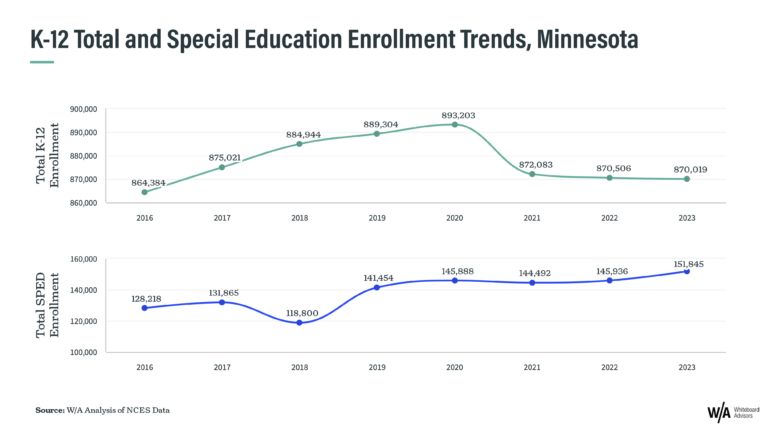The California State Board of Education (CA SBE) approved California’s new Mathematics Framework on July 13, 2023, replacing a decade-old framework, after more than a year of embattled feedback and canceled sessions since the second reading in March 2022. The framework is intended to enhance math education in K-12 schools, address the need for improved math achievement, and create a more equitable and engaging learning environment for students.
The so-called “math wars” delayed adoption of the framework as its authors sought to address criticism, while retaining the framework’s core principles.
The discussion at the July 2023 board meeting between members of California State Board of Education (CA SBE) and the Instructional Quality Commission reiterated the shared commitment that all students can succeed at high levels by making math engaging and relevant, and teaching through “big ideas” making connections to other math standards and concepts. Critics raised concerns that a de-emphasis on direct instruction and math fluency, like times tables, would hinder students’ ability to progress to algebra — including access to algebra before ninth grade. The approved framework calls for both procedural and conceptual math.
The most significant changes to the framework over the multiple iterations were driven by feedback from the public comment period, including the California State University system’s concerns regarding preparation for advanced mathematics.
The initial framework draft proposed no access to algebra in 8th grade, which raised concerns from parents, advocates, and industry leaders, alongside the data from SFUSD and the recent lawsuit, about the potential harm in limiting students’ access to Algebra 1 in 8th grade by creating inequity in opportunity and outcomes. The approved framework makes clear that Algebra 1 can be taken in middle school.
For high school, the framework codifies two math pathways: the traditional pathway and the integrated pathway. It also emphasizes the autonomy that local school districts have in designing courses and pathways that best meet the needs of their communities. It did, however, eliminate the data science pathway from previous iterations. A significant factor in the decision to eliminate the pathway was the California State University system’s March Resolution where the Senate Faculty committee expressed “the complete lack of control that the CSU has over the A-G high school requirements that are used for admission to our system.” In a letter from the University of California Board of Admissions and Relations with Schools (BOARS) shared on July 7 — just ahead of the CA SBE meeting — BOARS articulated its requested changes to remove two references to ‘data science courses’ in the framework indicating that UC-approved high school data science courses could meet Algebra II requirements.
The bottom line: Over the next few years, California will begin implementation of the framework through instructional material review and district guidance. There is, however, no funding appropriated for professional development for educators associated with the implementation of the new framework. Without thoughtful investment, the potential impact of the framework may not add up for students in California; educators need deep support in these pedagogical shifts.




